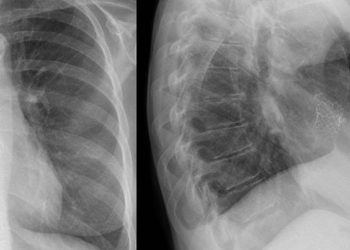Transcranial direct current stimulation may enhance the brain’s ability to learn complex movements
1. Transcranial direct current stimulation (tDCS) led to improvement in the learning of complex rhythmic movements via stimulation of the primary motor cortex
Evidence Rating Level: 1 (Excellent)
Motor learning is a key component of everyday functioning from simple tasks like pressing a button to more complex, coordinated tasks like playing an instrument. Motor skills can be learned during a single practice session (online) or after the session (offline). Various areas of the brain a responsible for motor learning depending on the task. The primary motor cortex (M1) is crucial for the early stages of learning new skills and occurs through reinforcement mediated synaptic strength changes. Transcranial direct current stimulation (tDCS) is a non-invasive stimulation technique that increases cortical excitability using a sub-threshold electrical current. This has been used to stimulate M1 in the past and improve motor function when doing simple laboratory-based tasks. This randomized, single-blinded study aimed to investigate the effects of tDCS in complex motor learning using a rhythmic video game (Step Mania). Participants were evaluated on how well-timed inputs were (temporal accuracy – TA), the rate of wrong key presses (key error rate – KER), and rate of multiple inputs (tap distribution ratio – TDR). After taking baseline performance tests, both groups were given 5 practice blacks. Over the course of the practice blocks, both the tDCS and SHAM (control) groups improved in all areas. However, tDCS lead to greater improvement compared to SHAM. The tDCS group showed better TA and reduced KER. These gains were especially seen in the 4th and 5th practice blocks where tDCS showed significantly greater improvement than SHAM. Using tDCS shows promise as a tool to help patients with motor learning of complex tasks. In the future, tasks regarding complex movements should be tested (e.g., walking) to determine the effects on real-world tasks.
Click to read the study in PLOSONE
Image: PD
©2024 2 Minute Medicine, Inc. All rights reserved. No works may be reproduced without expressed written consent from 2 Minute Medicine, Inc. Inquire about licensing here. No article should be construed as medical advice and is not intended as such by the authors or by 2 Minute Medicine, Inc.






